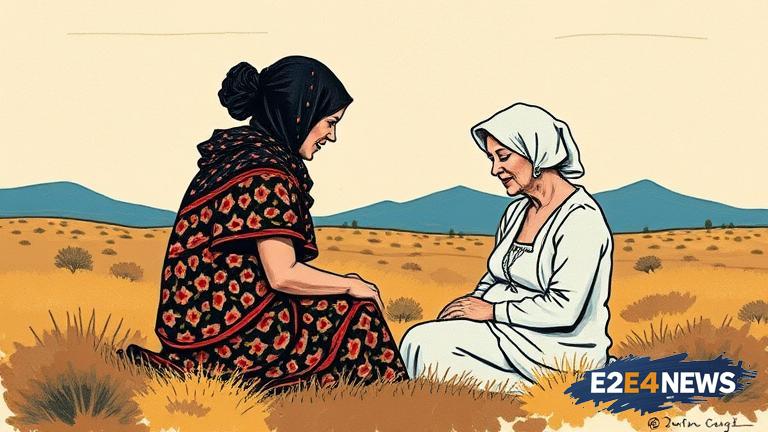A unique dispute has emerged in Santa Fe County, where a death doula is facing opposition to her permit application. The death doula, who provides spiritual and emotional support to individuals and families during the dying process, has been operating in the county for several years. However, her application for a permit to continue her work has been met with resistance from some community members. The opposition is centered around concerns about the lack of regulation and oversight of death doulas in the county. Some argue that death doulas are not properly trained or licensed to provide the services they offer, and that this lack of regulation poses a risk to public health and safety. On the other hand, supporters of the death doula argue that her work is essential to providing compassionate and holistic care to individuals and families during a difficult time. They also argue that the government should not be involved in regulating spiritual or emotional support services. The dispute has sparked a broader debate about the role of government in regulating spiritual and emotional support services, and the need for greater clarity and consistency in the permitting process. The death doula has stated that she is willing to work with the county to establish clear guidelines and regulations for her profession, but that she believes the current opposition is unfounded and misguided. The county has announced that it will be reviewing the permit application and considering the concerns of all parties involved. In the meantime, the death doula will be allowed to continue operating, but under close scrutiny from the county. The outcome of this dispute will have significant implications for the future of death doula services in Santa Fe County, and may set a precedent for other counties and states to follow. The death doula community is watching the situation closely, and many are speaking out in support of the Santa Fe County death doula. Some have argued that the opposition to the permit application is motivated by a lack of understanding about the role and value of death doulas, and that education and outreach are needed to address these concerns. Others have pointed out that the dispute highlights the need for greater recognition and support of death doulas and other end-of-life care providers. As the debate continues, it is clear that the intersection of spirituality and government regulation is complex and multifaceted, and that finding a balance between these two realms will be an ongoing challenge. The death doula permit dispute in Santa Fe County is just one example of the many ways in which spirituality and government regulation intersect, and it will be important to follow the outcome of this case and its implications for the future of death doula services. The county’s decision will have a significant impact on the death doula community, and will likely be closely watched by other counties and states. In conclusion, the death doula permit dispute in Santa Fe County is a complex and multifaceted issue that highlights the need for greater clarity and consistency in the permitting process, as well as the importance of recognizing and supporting death doulas and other end-of-life care providers.
